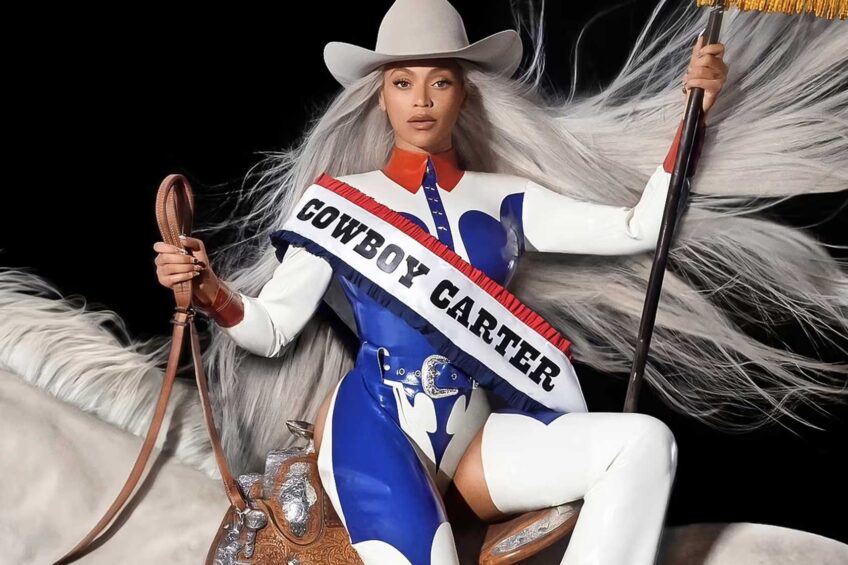The Democratic presidential contenders are falling over each other to wear the mantle of top climate change warrior. Their plans pretty much boil down to the same things: carbon caps, alternative energy sources, an end to fossil fuel subsidies, bans on drilling on public lands, signing the Paris Climate Accord, and so on.
Julian Castro took it one step further. He calls the fight to counter climate change what it is: a civil rights battle. Long before climate change became the global threat that it is, it had another name that tells much about the Titanic battle ahead against the environmental savaging of the planet. That name was environmental racism, an apt term because the major victims of dirty air and water then, as now, are poor blacks and Hispanics in inner-city neighborhoods.
In 2002, the peril of environmental rape was brought to the nation’s public plate when then-President Bush announced his Clean Sky Initiative. The problem was, it would not clean the skies but dirty them further. It allowed corporations to dump tons more toxic pollutants in the air, delay or exempt enforcement of smog and soot pollution standards, and gut EPA pollution enforcement powers. Though the initiative stalled in Congress, Bush used an administrative order to weaken enforcement.
That virtually assured that blacks, especially poor blacks, would breathe dirtier air and suffer health consequences. The Centers for Disease Control and Prevention repeatedly warned that blacks are more likely to live in neighborhoods with higher air pollution levels and suffer higher rates of respiratory and blood ailments and deaths than whites. The Bush administration defended its contempt for the lungs of the poor by saying that race should not be an issue in the battle against toxic pollution, and that it would protect all groups against environmental damage. But studies even then found that blacks were more than twice as likely as whites to live in neighborhoods where pollution posed a severe health hazard.
Despite the health risks, these residents received very little attention from environmental groups. Black residents in some cities screamed just as loudly as white middle-class homeowners and urban conservationists about hacked-up parkland, toxic dump sites, waste incinerators, garbage dumps, contaminated sewage sites and power plants in their backyard. They labeled this racially warped policy “PIBBY” — Put it In Blacks’ Back Yard.
A 1987 milestone report on race and toxic waste by the Commission for Racial Justice, a church-based civil rights advocacy group, revealed that blacks are far more likely than whites to live near abandoned toxic waste sites, waste landfills and sewage treatment plants. They prodded former President Clinton in 1994 to issue an executive order directing federal agencies to intensify efforts to determine the harm these sites wreak on urban communities.
A decade later, the Government Accounting Office found that offsite hazardous waste landfills in most Southern states were situated in or in close proximity to black neighborhoods.
The assault continued. The GOP and major polluting corporations tossed more pollutants into the air and water. The courts didn’t help. Residents in highly toxic neighborhoods can sue polluters under the 1964 Civil Rights Act, but they must prove intentional discrimination, virtually impossible to prove. The Supreme Court has ruled that private citizens can’t sue to enforce federal environmental regulations that ban discrimination. The EPA has moved with glacial speed to investigate complaints of environmental pollution and has been even more reluctant to take strong action against polluters. Trump has done everything he can to hamstring the EPA while busily green-lighting the opening of public lands to drilling.
The damage from official neglect of the problem is profound. Toxic eyesores disfigure black neighborhoods, degrade property values, and discourage public and private investment in those neighborhoods, in addition to the grave health risks toxic pollution poses.
Corporate and industrial polluters get away with their toxic assault on low-income, neighborhoods by skillfully twisting the “jobs versus environment” issue. They claim that the choice is between creating more jobs and business growth, and economic stagnation. Any checks on global warming and environmental destruction will hurt business, stifle growth and create joblessness, they say. With this mindset firmly in place at the top of the Trump ladder, it will take a real civil rights crusade to combat the mortal peril to the environment.
Thankfully, at least one top Democrat finally recognizes that.
Earl Ofari Hutchinson is an author and political analyst.


![Banner [Virtual] Art Gallery](https://baystatebanner.com/wp-content/uploads/2024/04/Cagen-Luse_Men-at-store-e1713991226112-150x150.jpg)



